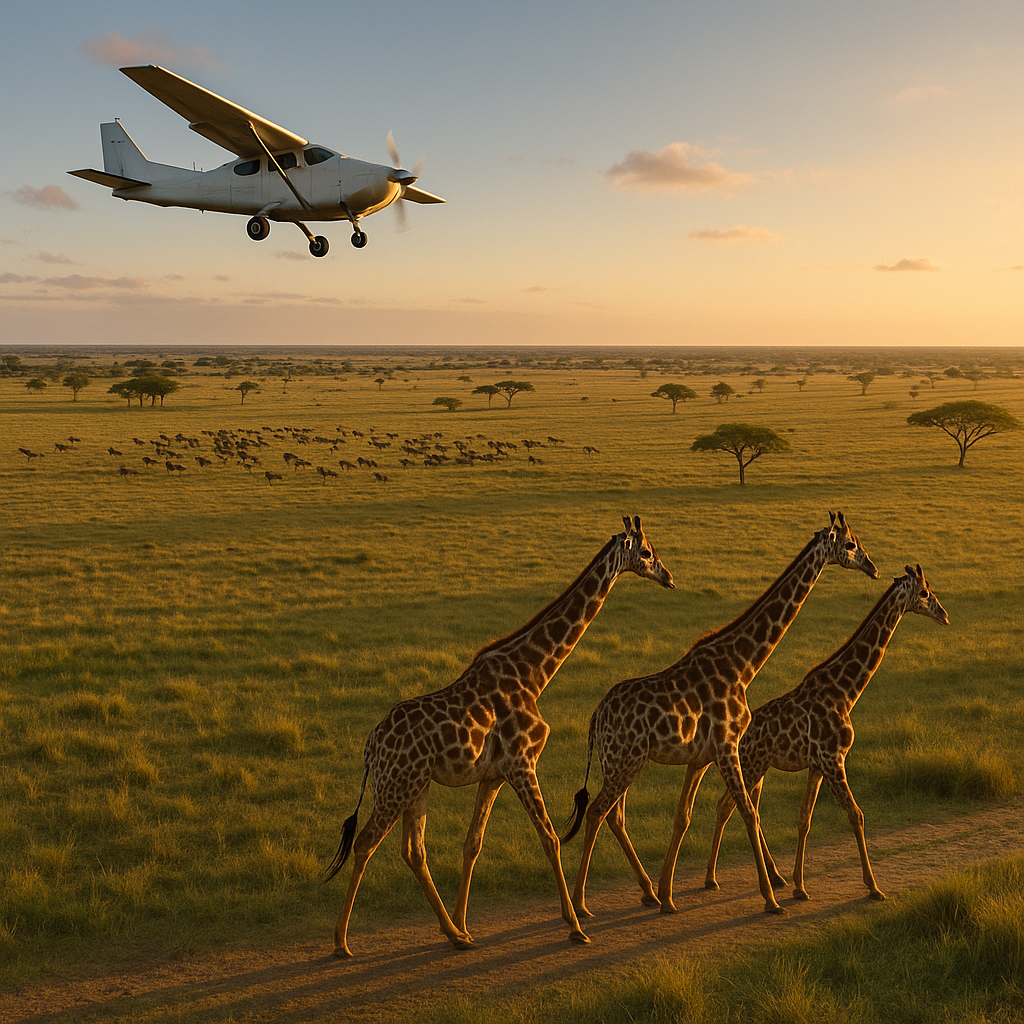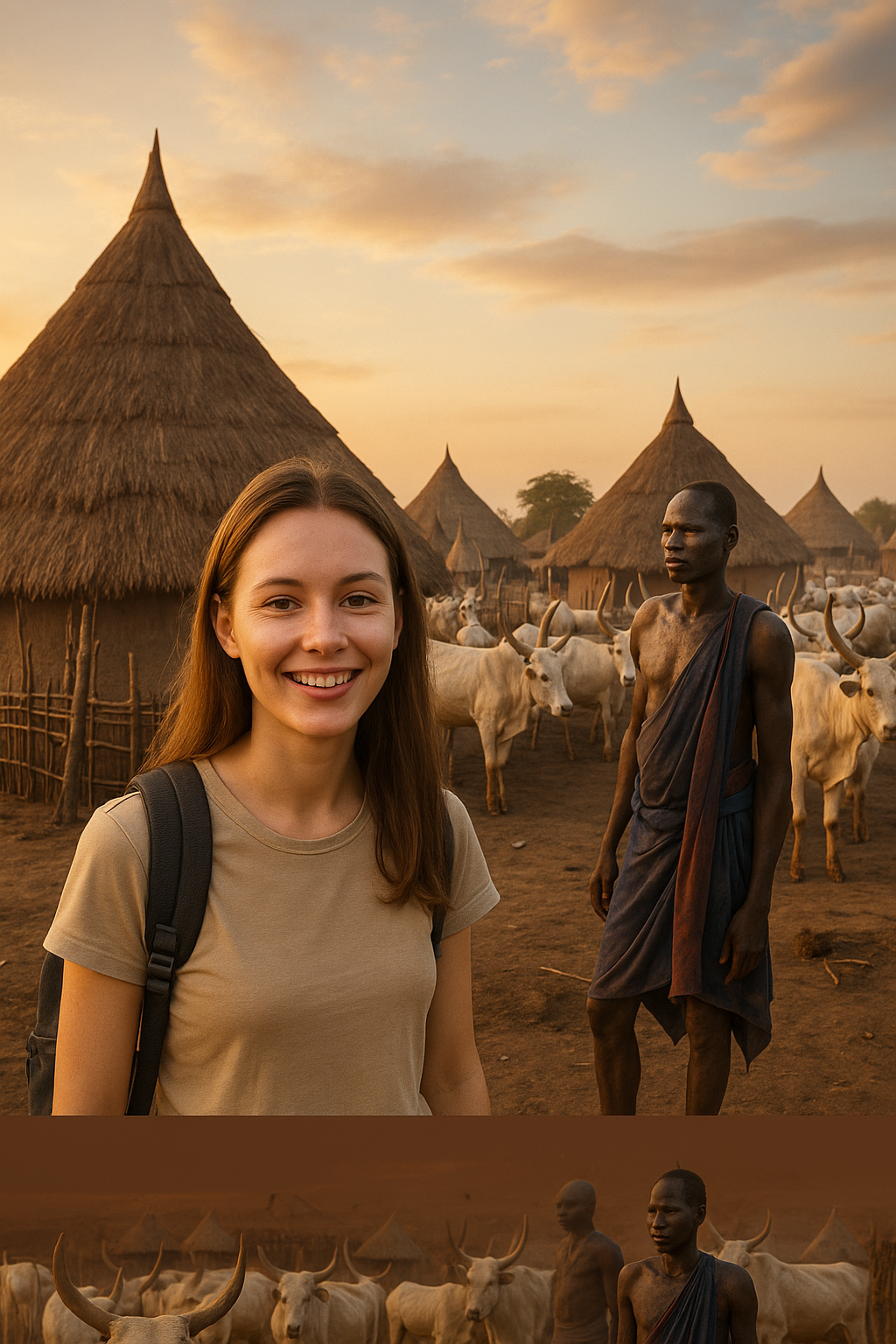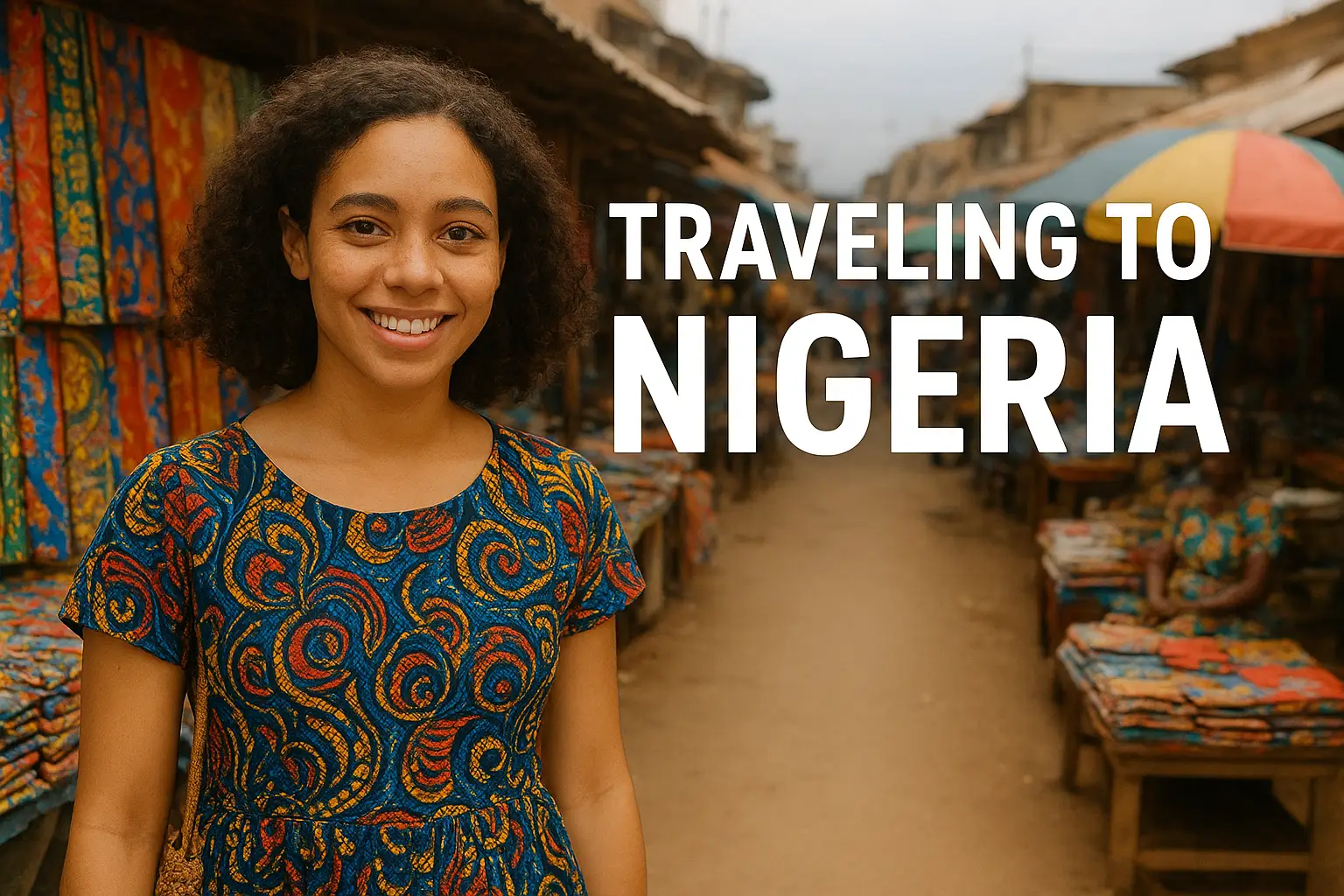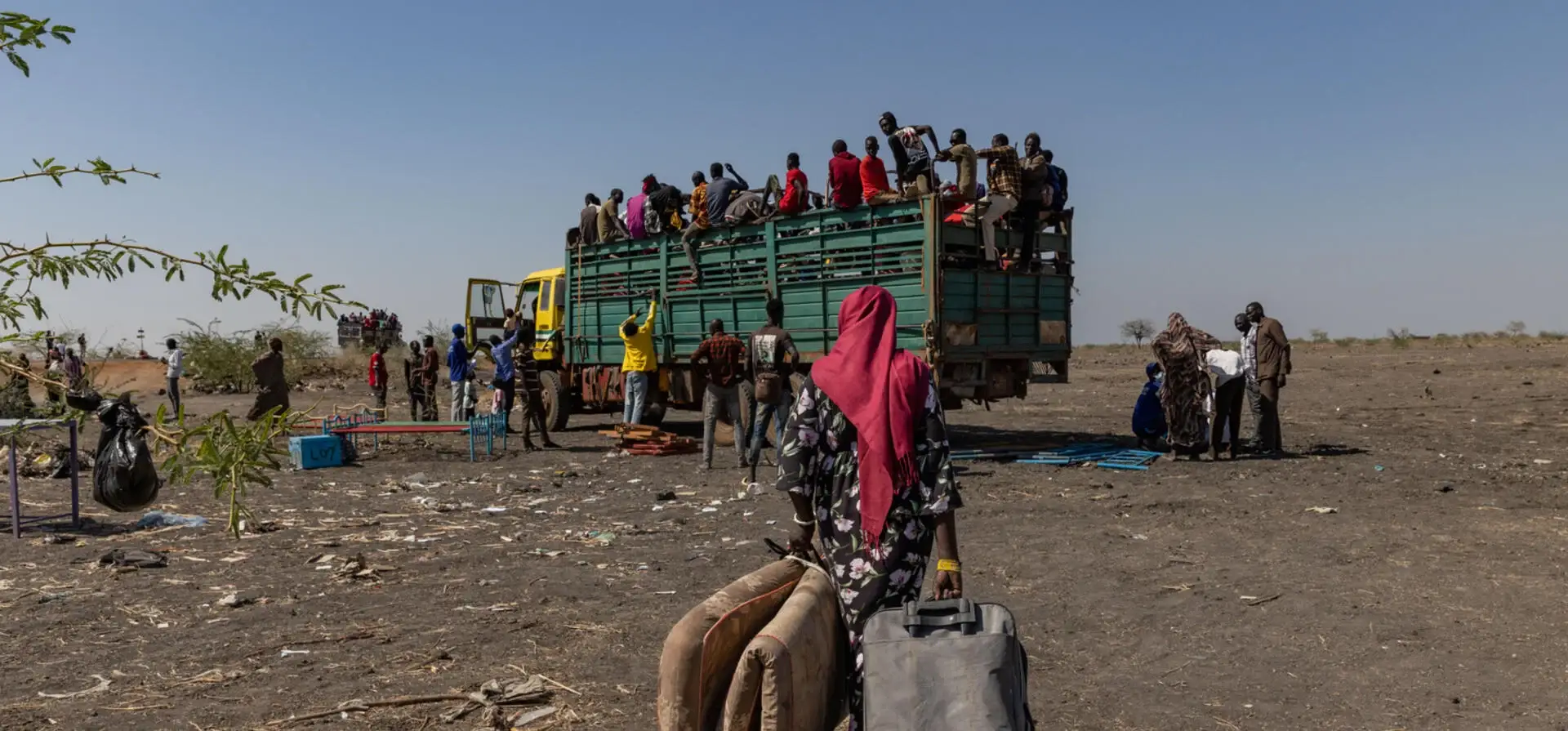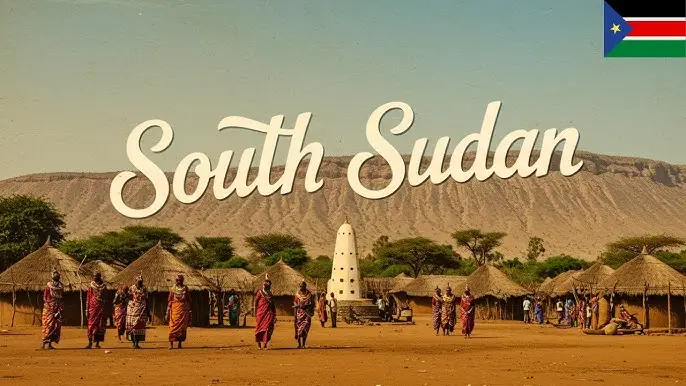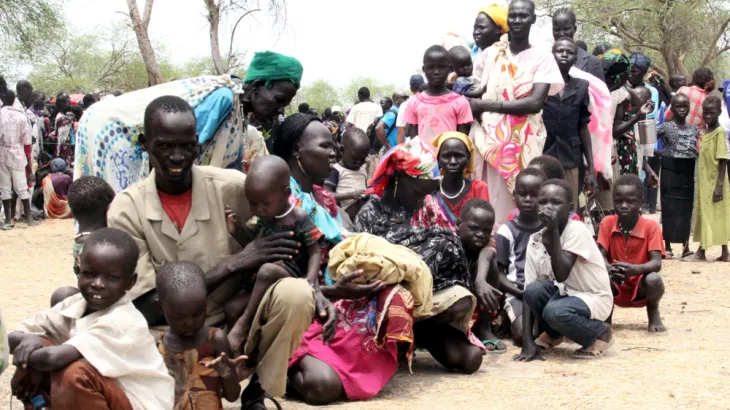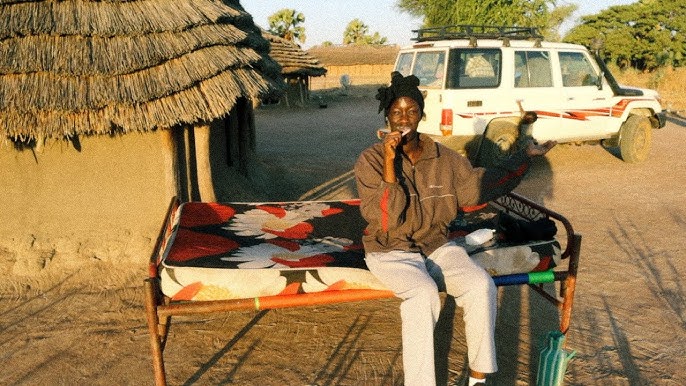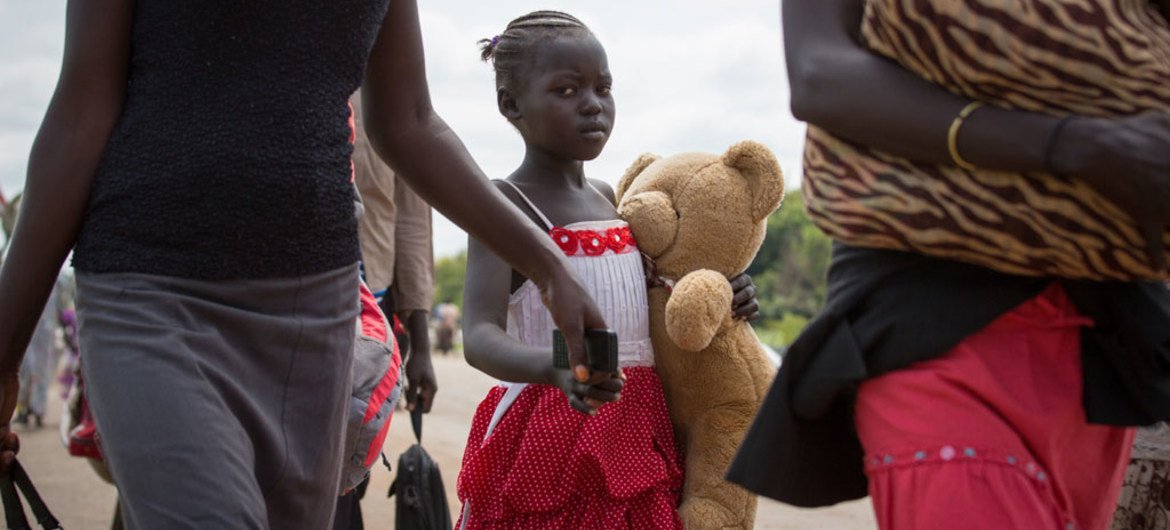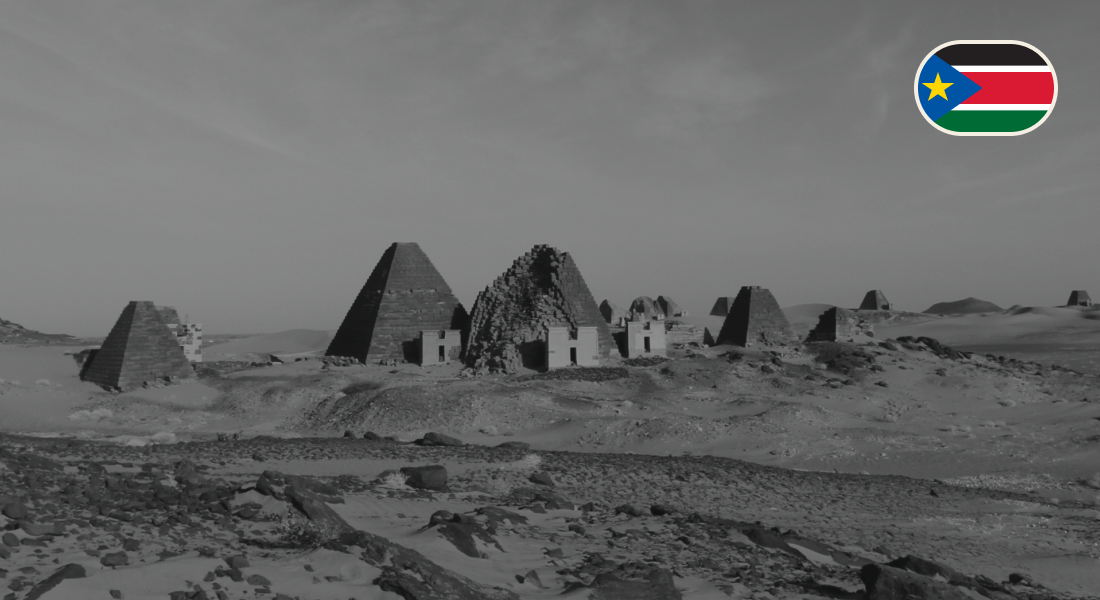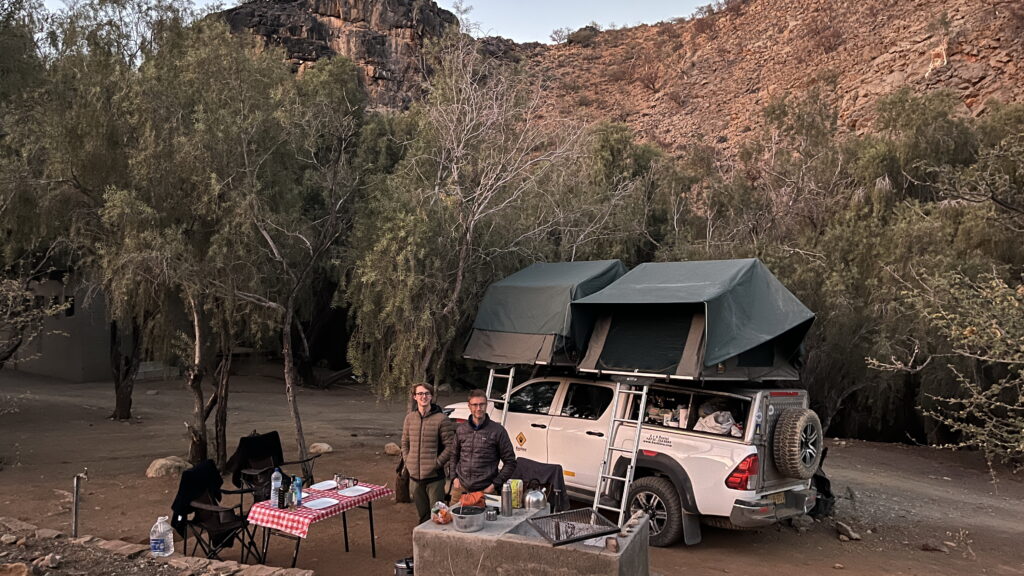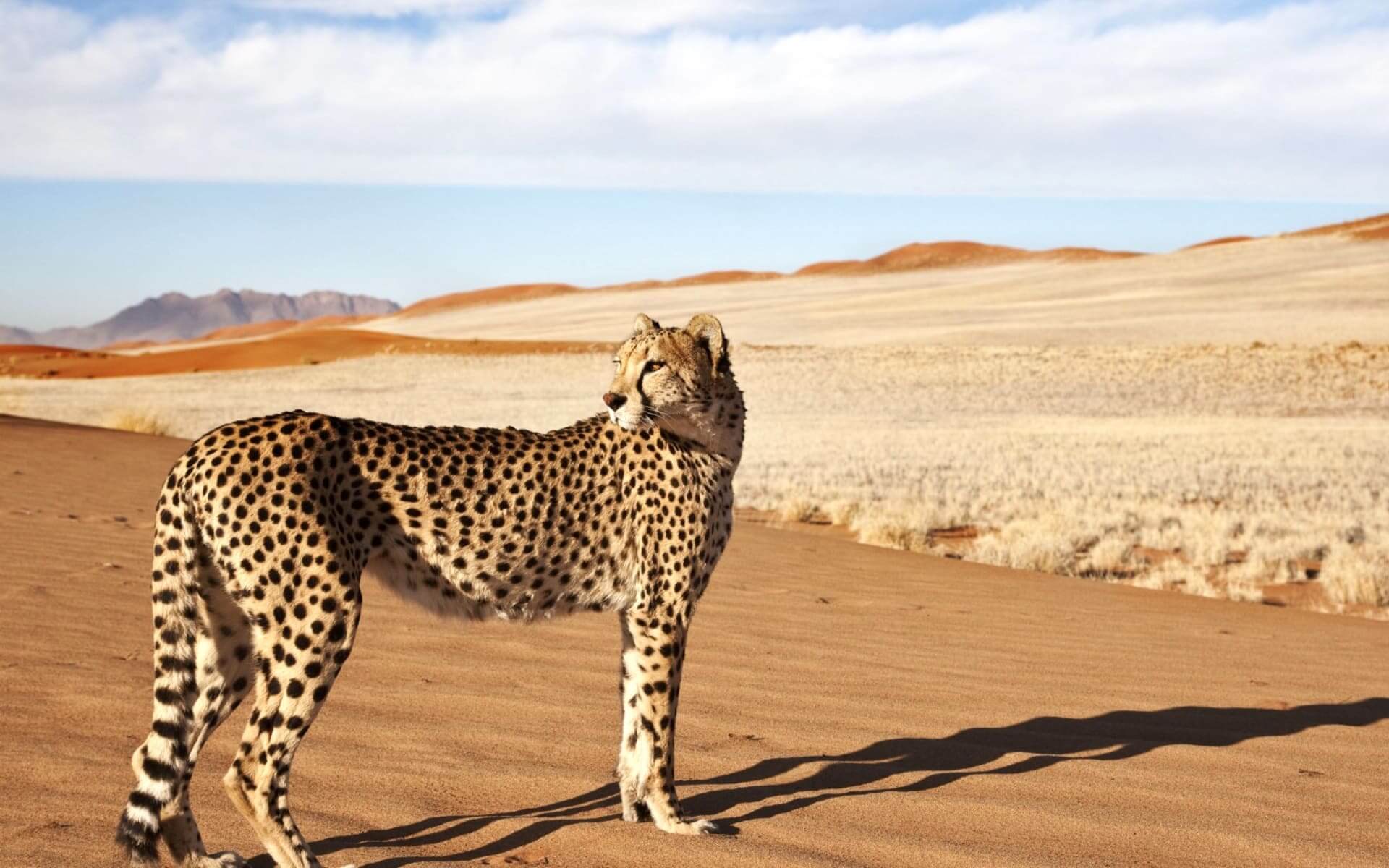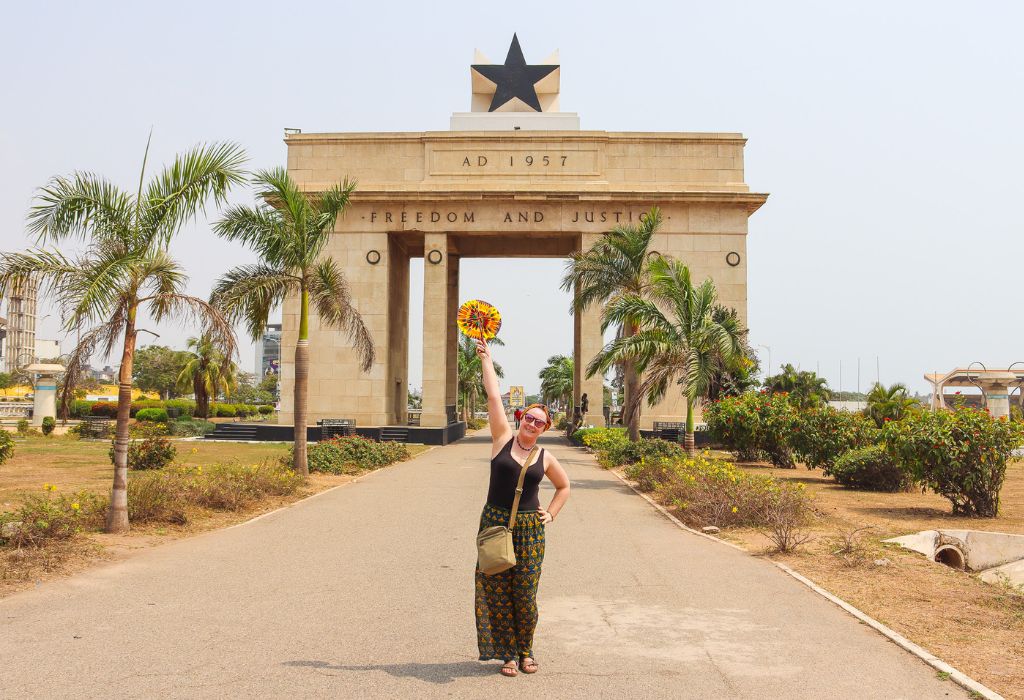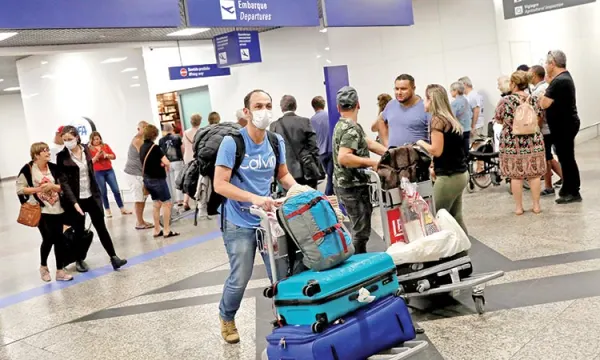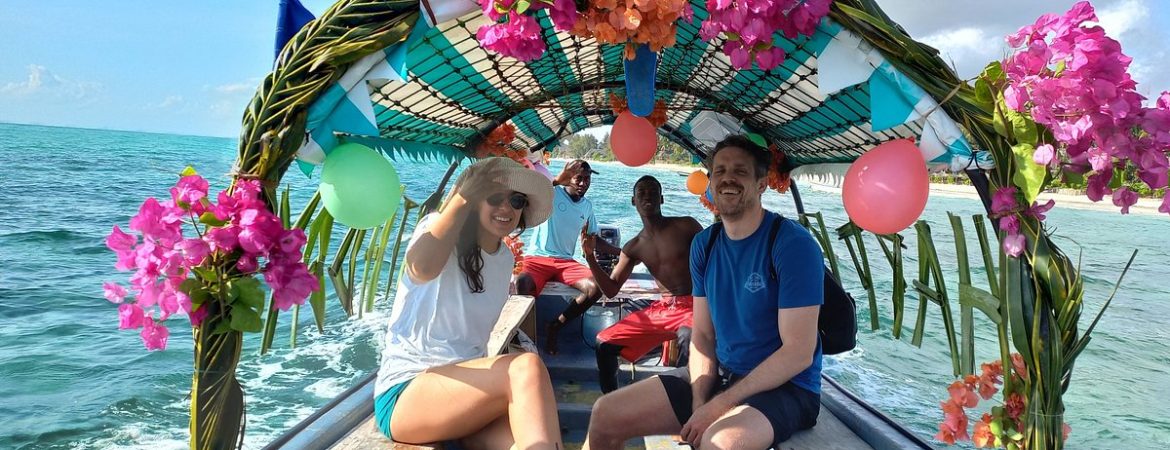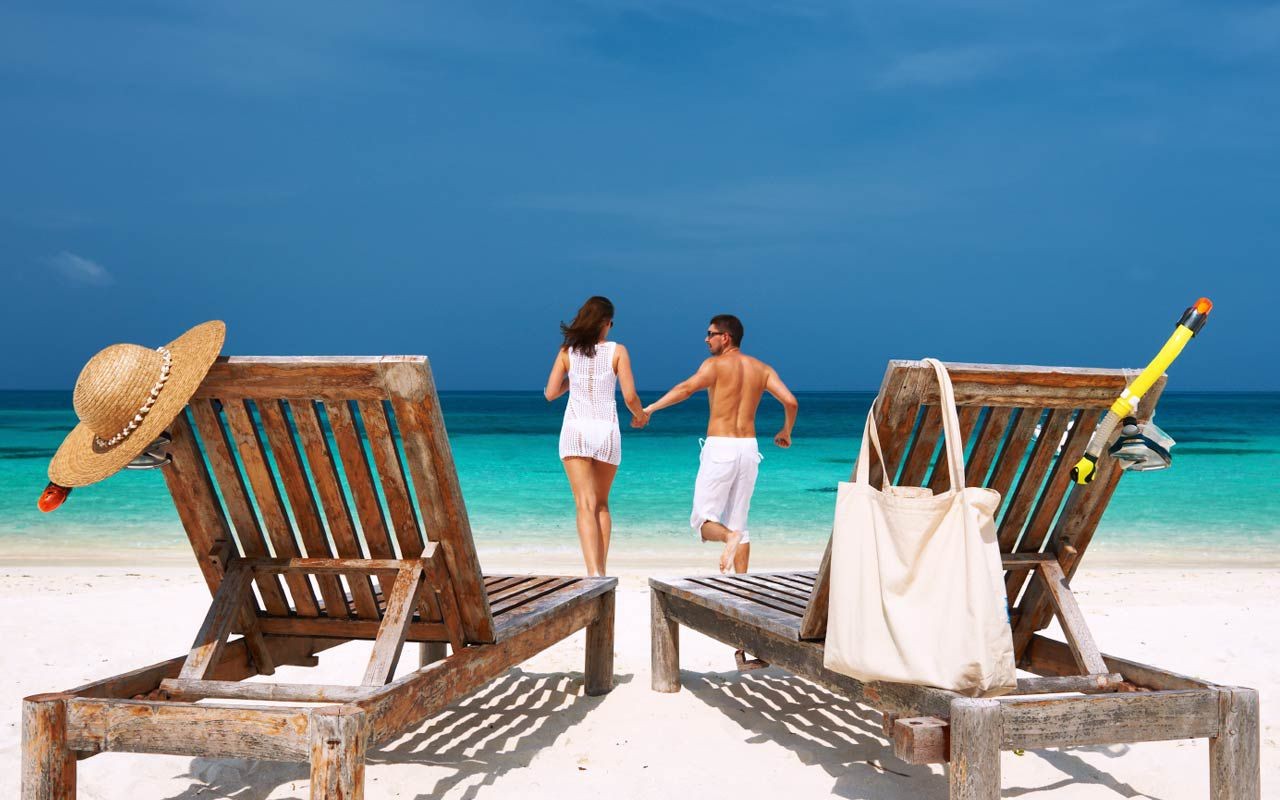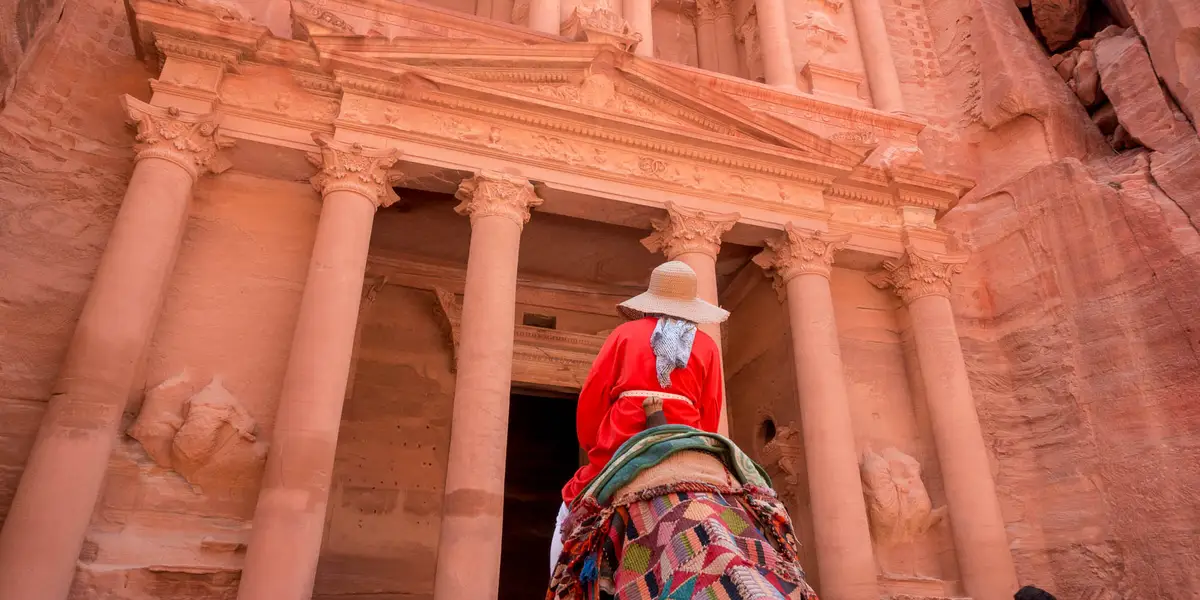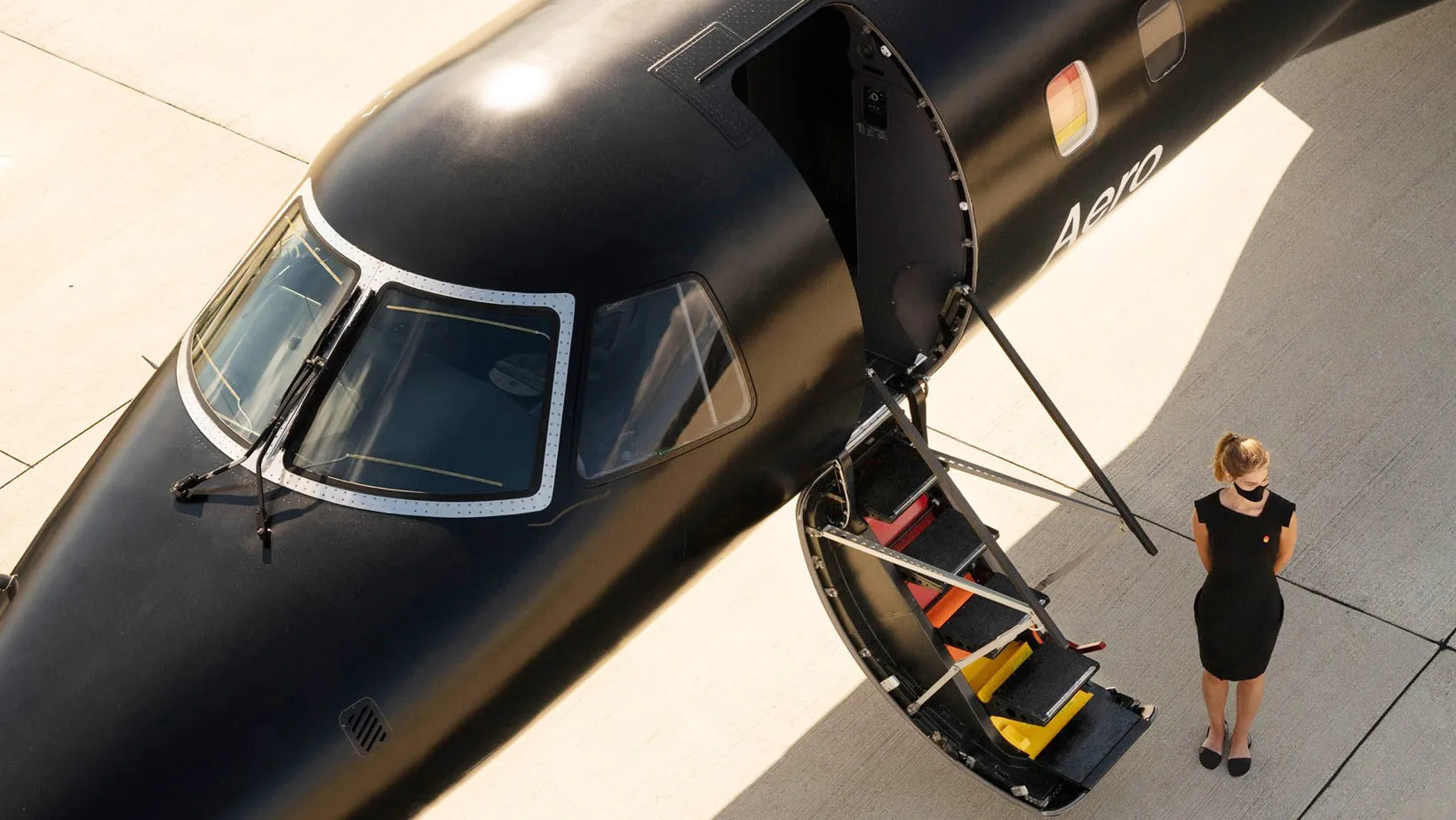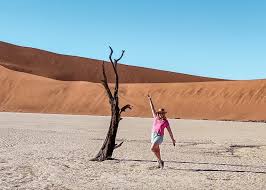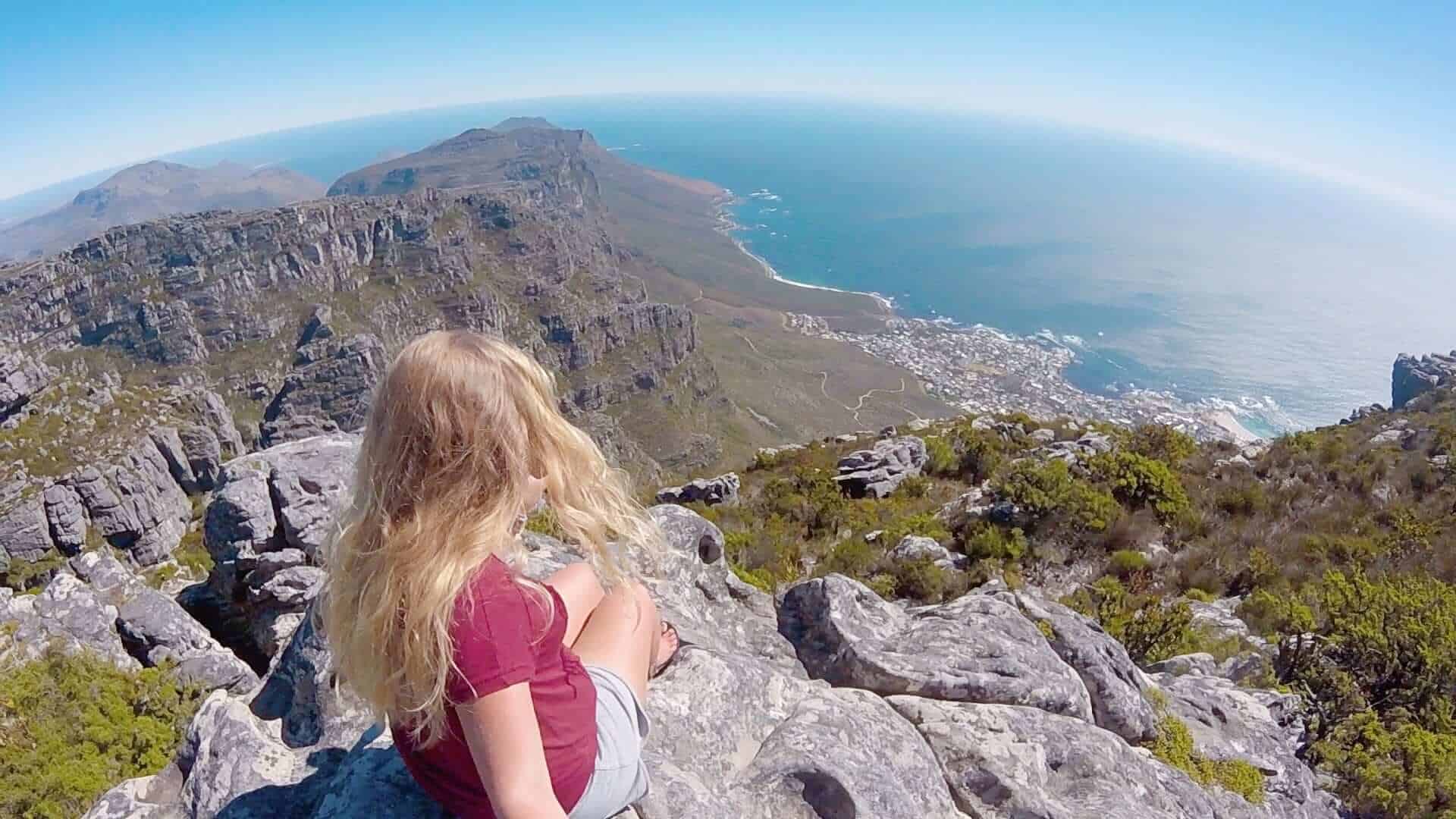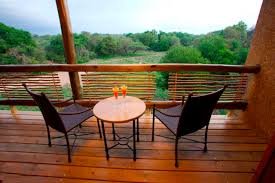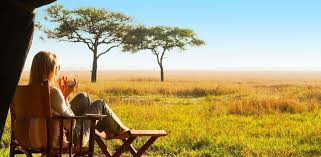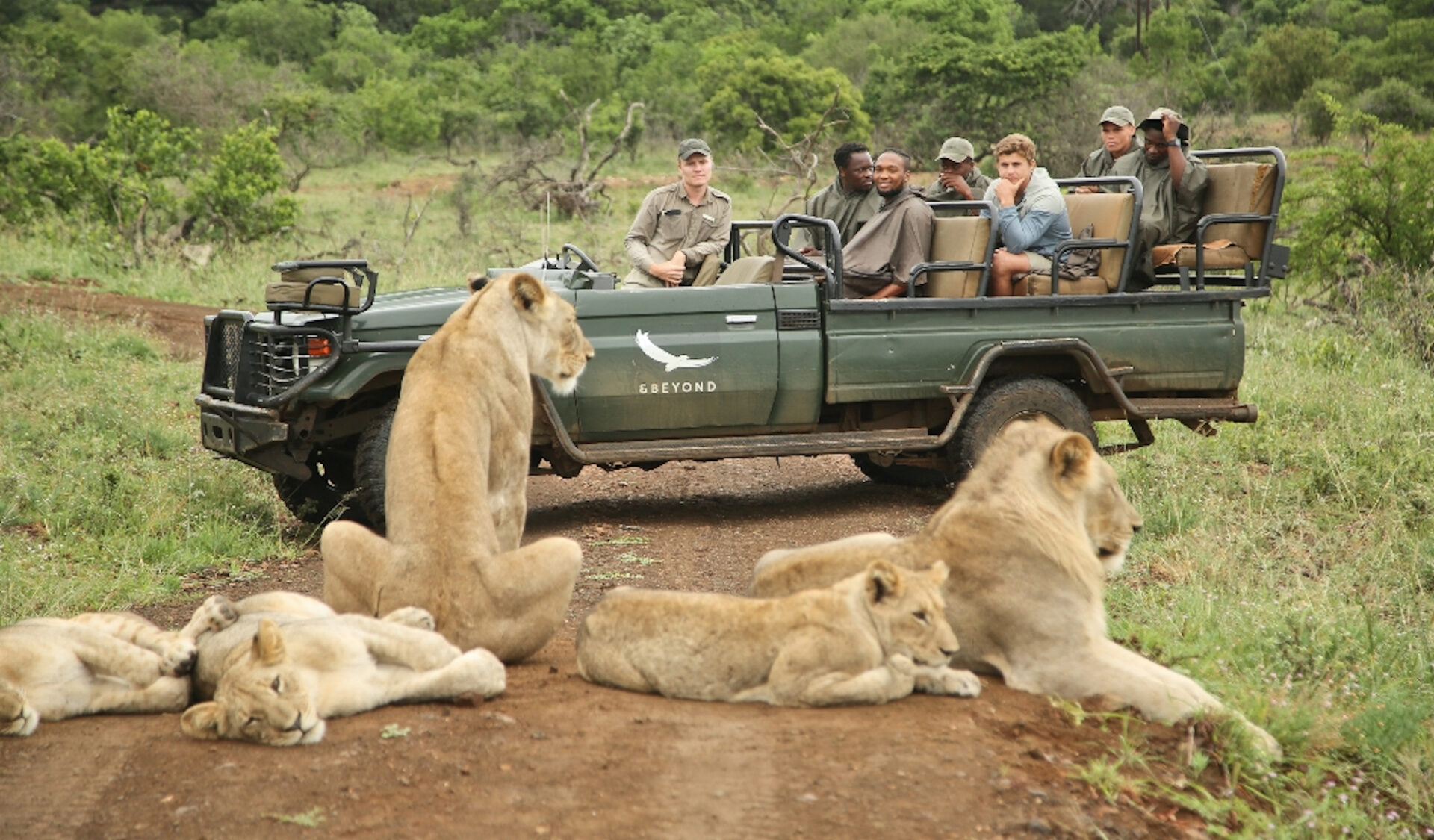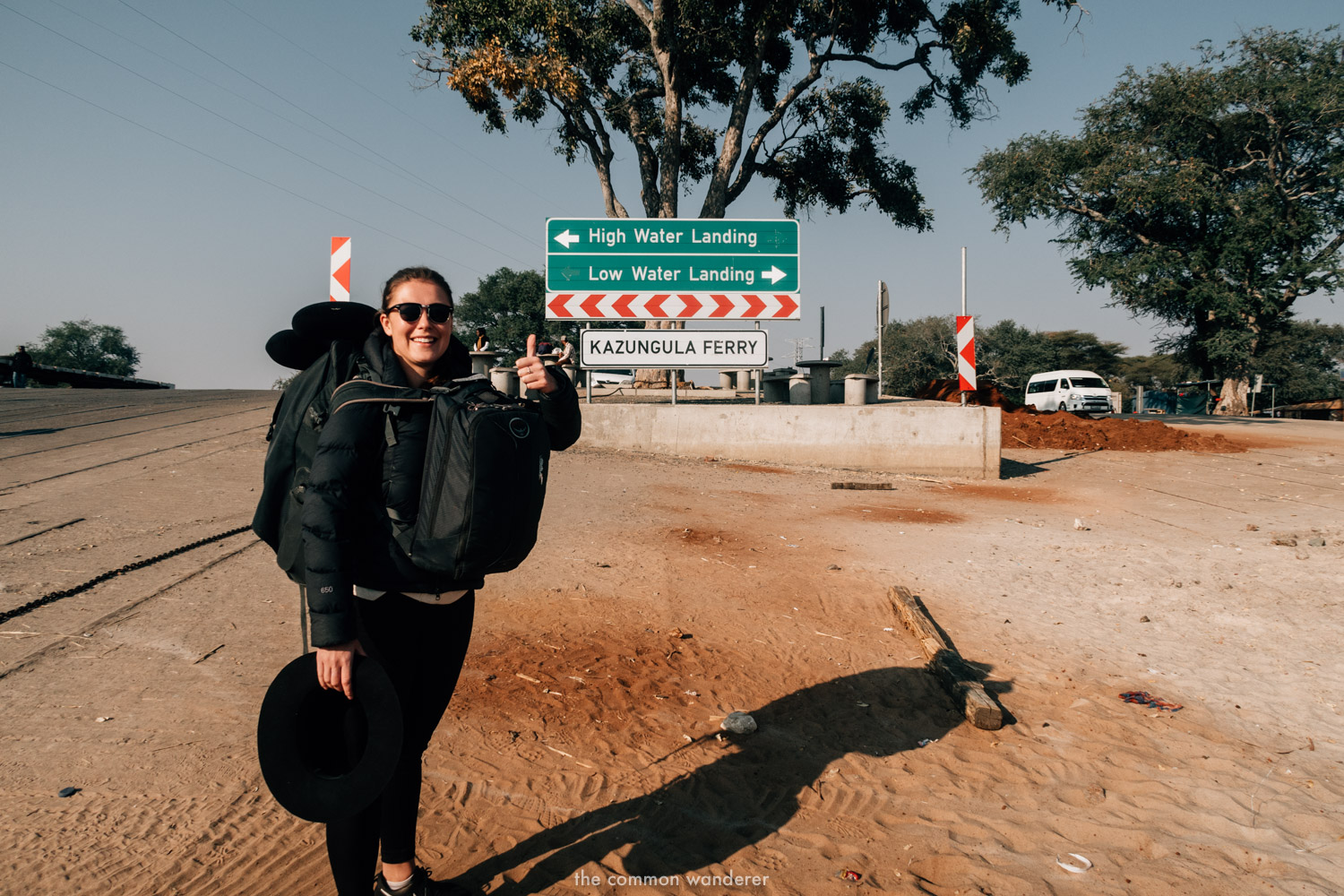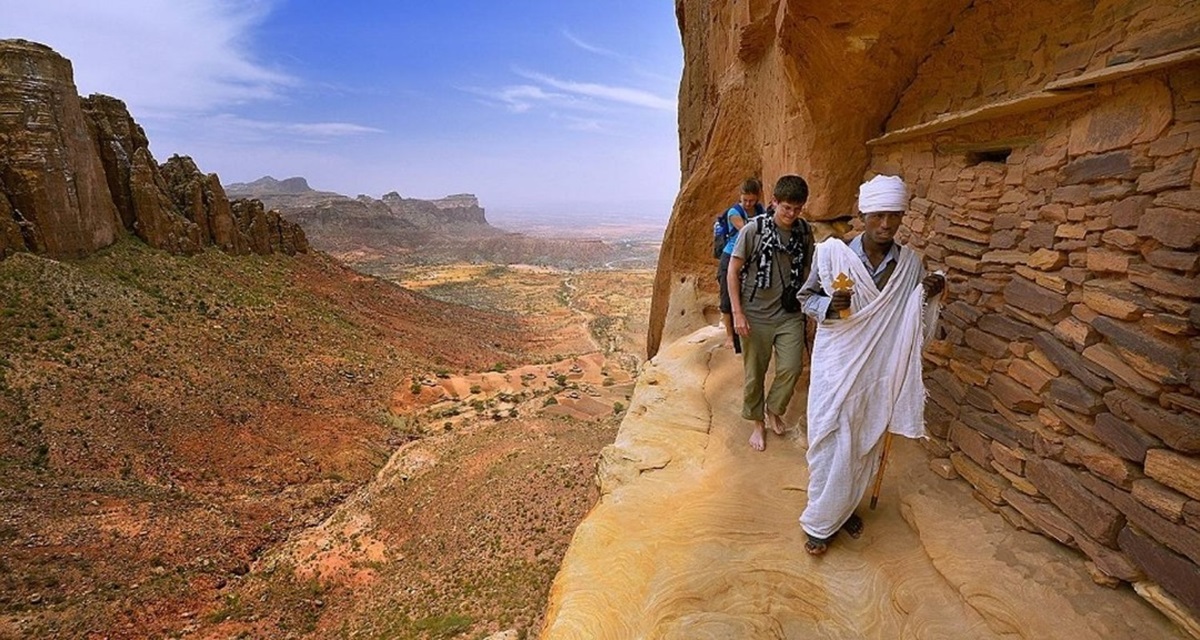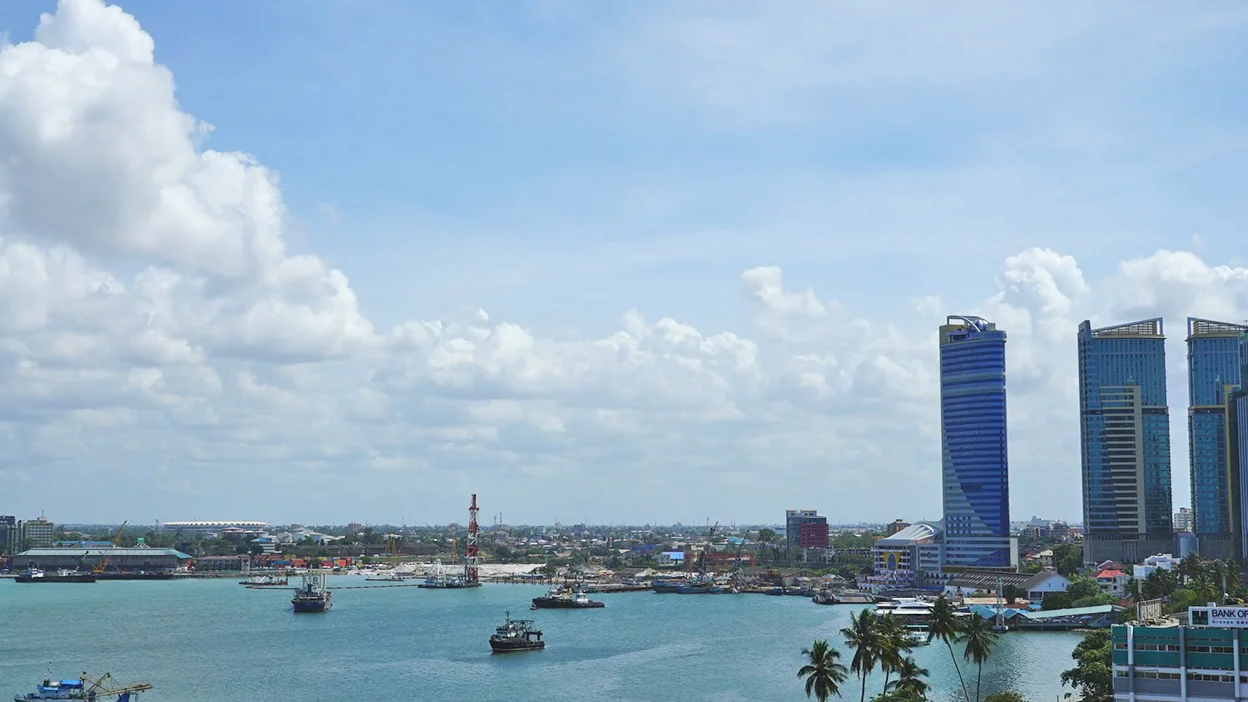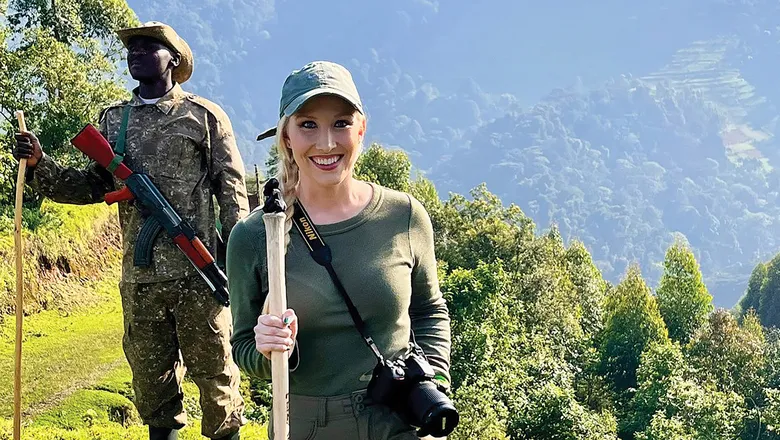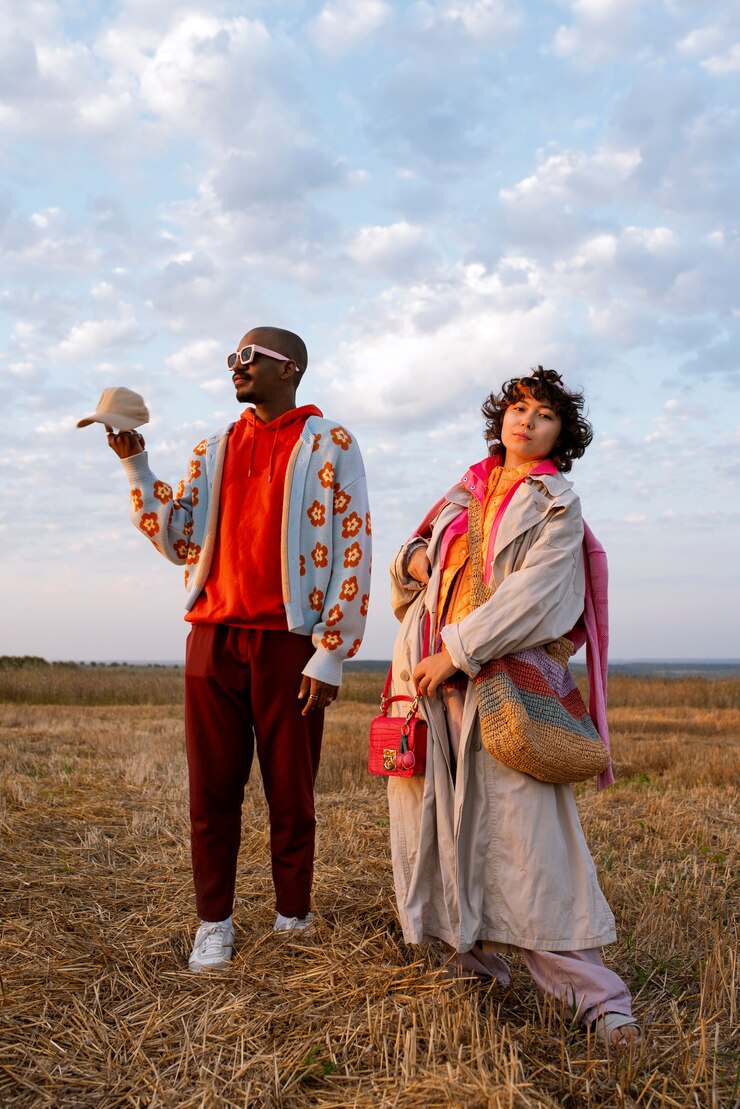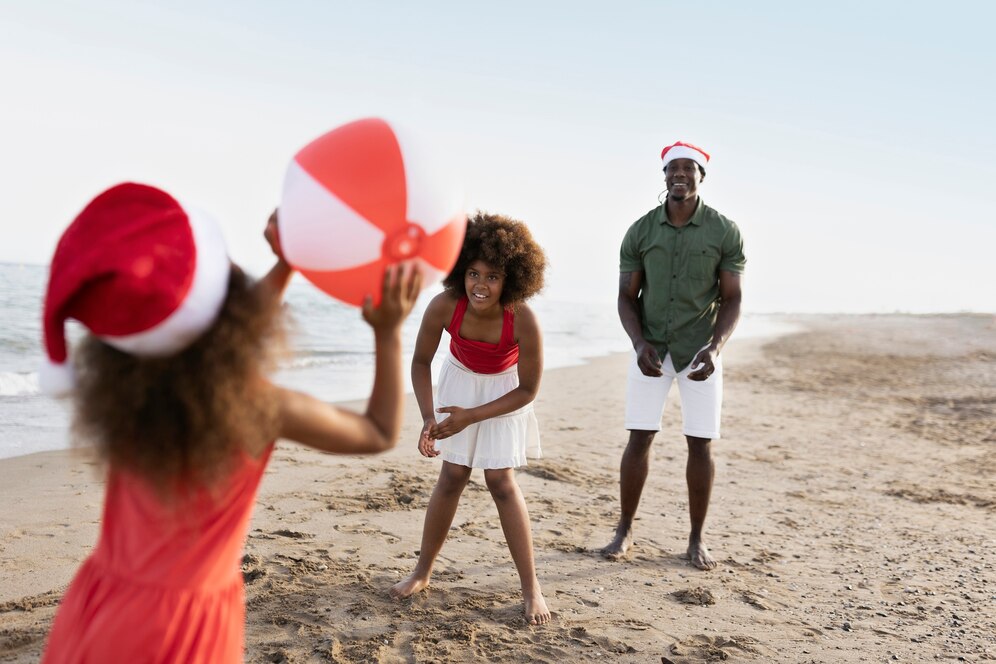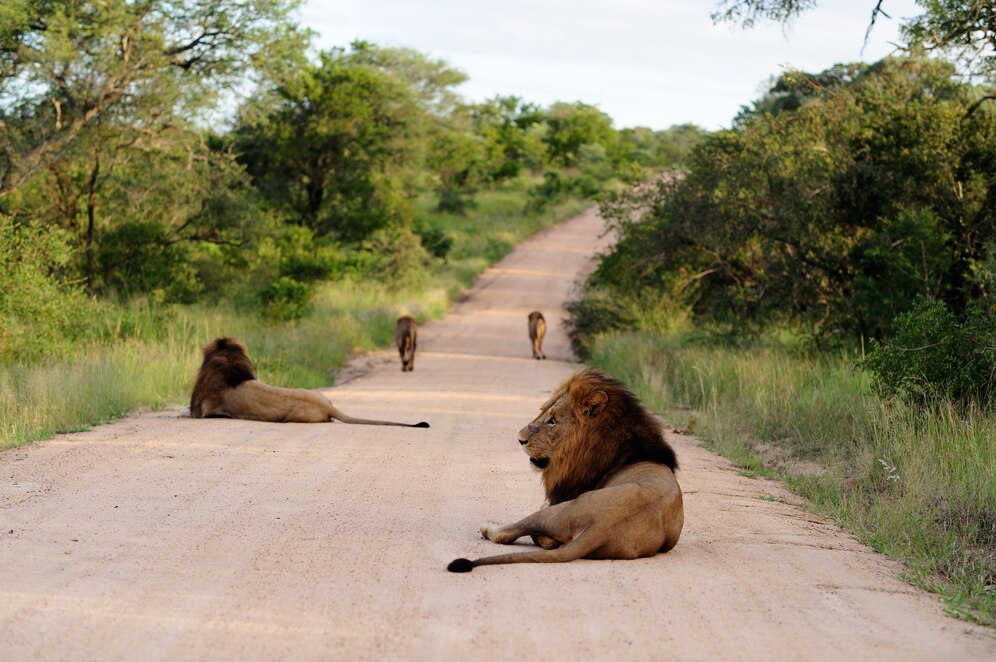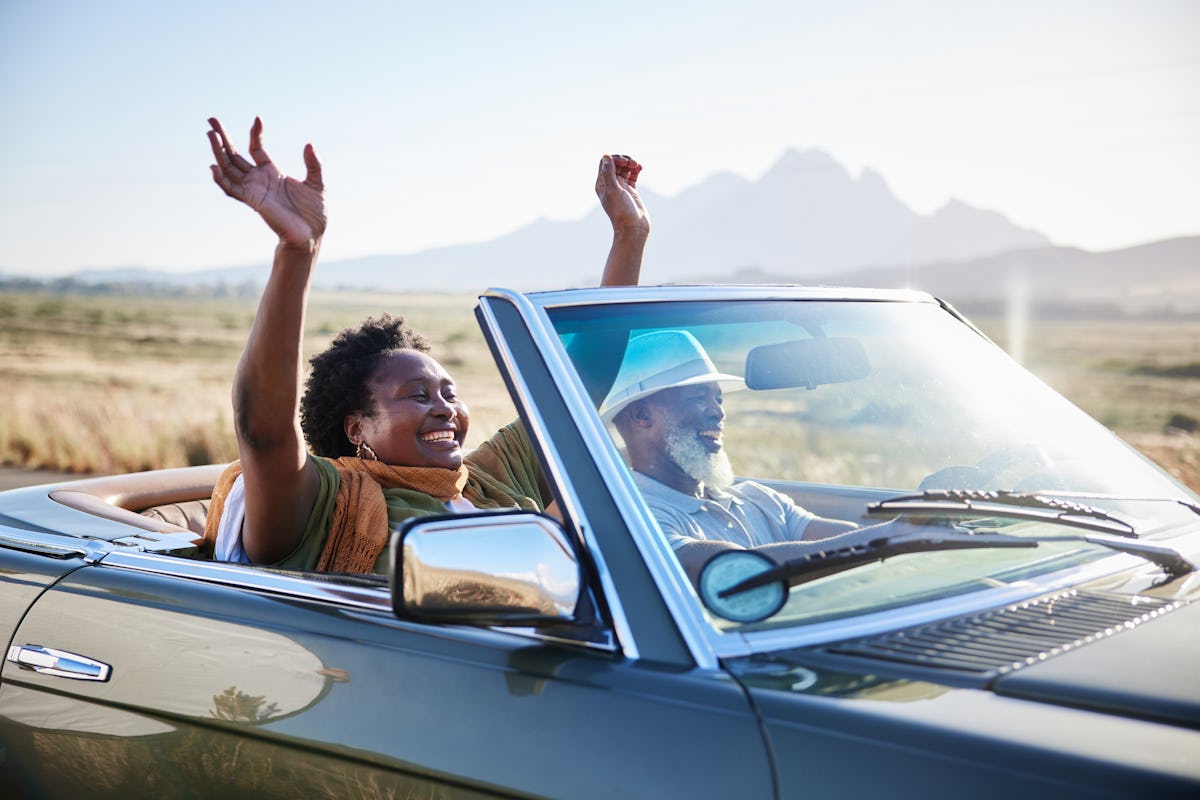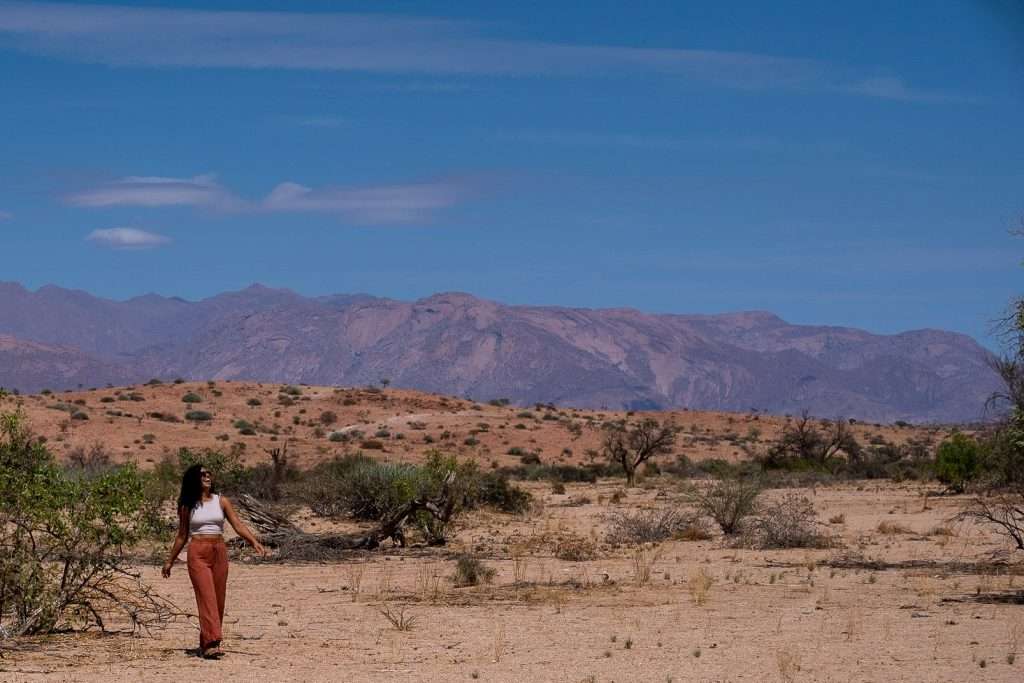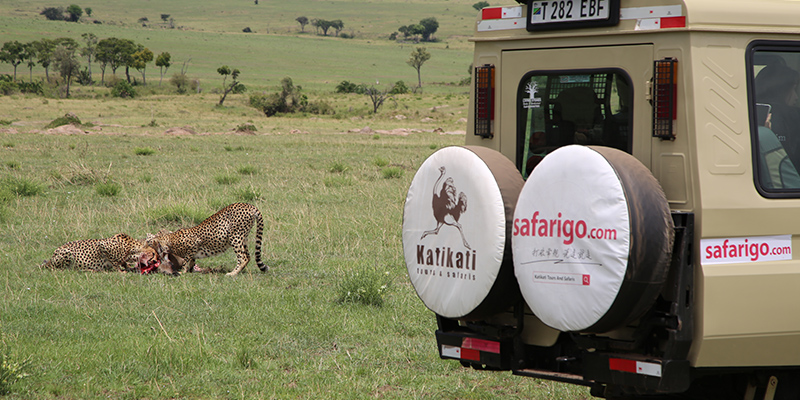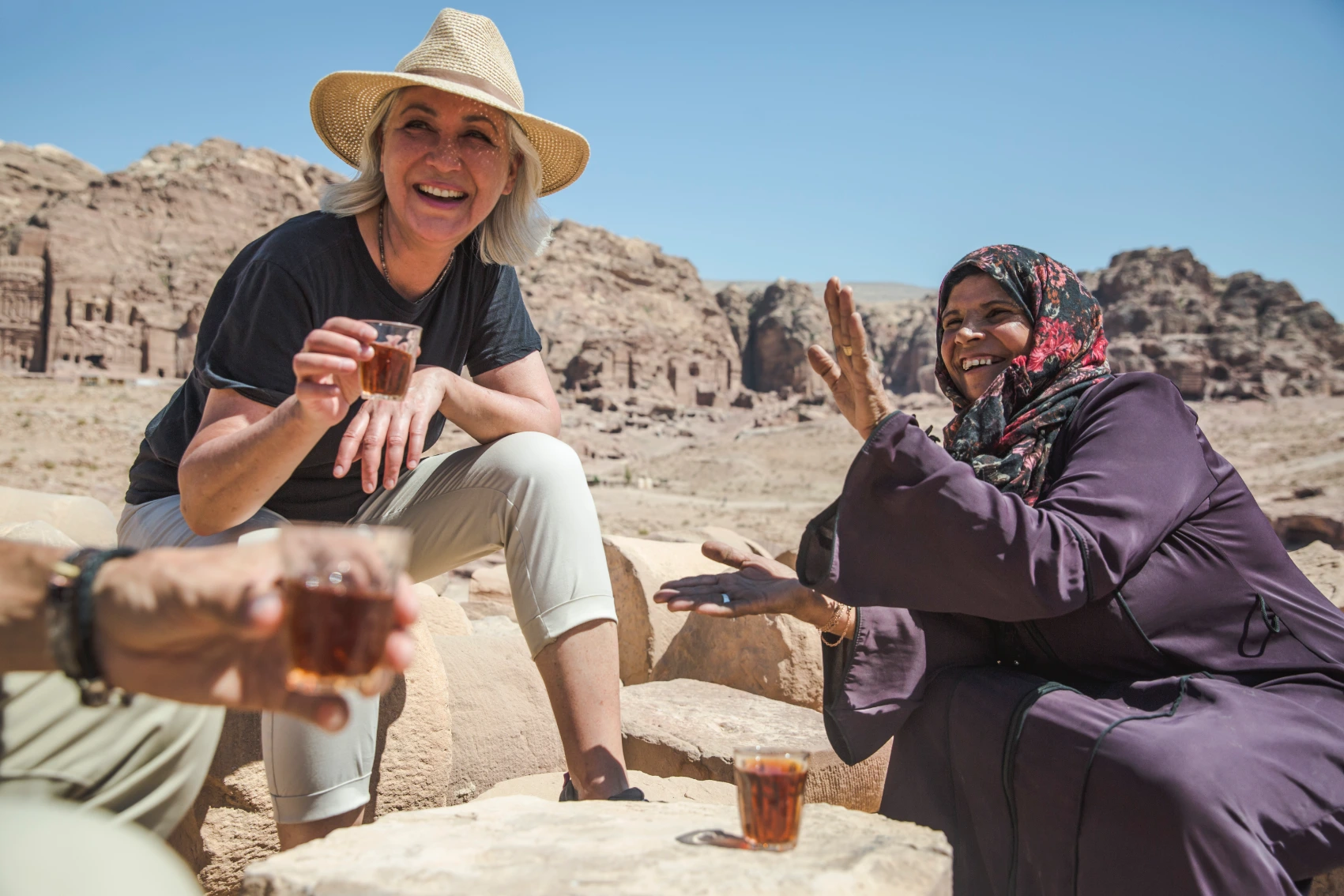
Traveling to South Sudan as a Solo Female Tourist: What You Should Know Before You Go
Hello! I’m a 20-year-old Moldovan girl with a dream to travel to South Sudan. You might be surprised to hear that—after all, South Sudan isn’t exactly the top destination on most travel blogs. But ever since I started watching documentaries about the country’s history, natural beauty, and diverse cultures, I’ve become fascinated. Something about it pulls me in—the colors, the untouched landscapes, the strength of its people, and yes, the mystery.
I know it’s not the easiest or safest country to visit, and I’ve been reading everything I can to prepare. But I still have a lot of questions. In this post, I’ll share my thoughts, research, and some answers I’ve received from people familiar with the region—including locals and expats. I’ll also reflect on the risks and rewards of traveling to South Sudan, especially as a solo female traveler. If you’re considering a similar journey or just curious, I hope this helps you too.
Why I Want to Travel to South Sudan
Growing up in Moldova, I’ve always dreamed of exploring places that are less traveled—countries that aren’t already filled with influencers and Instagram photos. I want to experience something raw, real, and different from my life in Europe. South Sudan, with its rich cultural heritage, traditional wrestling, tall, proud people, and untouched landscapes, stands out.
I also love fitness, cooking, and swimming. I’ve heard that South Sudanese cuisine is hearty and flavorful. I’d love to learn local recipes and share stories with South Sudanese women. I’m also curious about whether there’s a growing gym or wellness culture in the country.
But let’s be real: this isn’t an easy destination. So, I began asking some big questions…
Is It Safe to Travel to South Sudan in 2025?
Let’s start with the big one: safety.
South Sudan is currently classified by most governments, including the U.S. State Department and UK FCDO, as a “Level 4: Do Not Travel” destination due to crime, armed conflict, and kidnapping risks. That doesn’t mean nobody goes there—it just means you must be incredibly cautious.
Some key risks include:
-
Armed robberies, especially on roads outside Juba.
-
Ongoing clashes between government forces and various armed groups.
-
Carjackings and assaults.
-
Limited healthcare and emergency support.
-
Unreliable transportation and infrastructure.
So if you’re a young solo traveler, you must plan carefully. You’ll need:
-
A secure local contact or organization (ideally an international NGO).
-
An exit strategy in case of political unrest.
-
Private transportation and accommodation, not public transit.
-
A security escort in some regions.
Many expats say the best way to experience South Sudan is through a work assignment, such as journalism, humanitarian aid, or development programs. As one person told me: “If this is a passion and you want to see the country, the best way is to find a work-related reason and go through an international organization.”
Which Cities or Areas Are Safer for Travelers?

Juba, the capital, is the safest place for foreigners, but even there, caution is key. You’ll find embassies, NGOs, restaurants, and a few guesthouses with basic amenities. It’s the only city with anything close to a tourism infrastructure.
Other areas—like Bor, Wau, Malakal, or Yei—can be incredibly interesting, but are not currently advisable for solo travelers due to active conflicts or tribal tensions.
If you’re determined to go:
-
Stick to Juba.
-
Hire a trusted local guide (via an organization or embassy).
-
Avoid night travel completely.
-
Register with your embassy.
Is There a Fitness Culture in South Sudan?
This is something I was genuinely curious about. I love going to the gym and doing strength training—and South Sudanese people, especially men, are known for being incredibly tall and athletic. So I wondered: are there gyms?
The short answer is: yes, but don’t expect a Western-style fitness scene.
In Juba, there are a few gyms, such as:
-
Downtown Fitness Gym (basic equipment, popular with locals).
-
Juba Grand Hotel Gym (available to guests and expats).
-
American Bar Gym—a social spot with some equipment.
That said, gym culture is still growing. Most South Sudanese people stay fit naturally—through walking, dancing, farming, or traditional wrestling. South Sudan has some of the best wrestlers in Africa, and wrestling matches are a big cultural event, especially in rural communities.
If you’re serious about fitness and want to meet athletes, consider visiting cultural wrestling competitions—you’ll meet some of the fittest people in the country.
Where Can I Try Good South Sudanese Food?
Food in South Sudan is hearty, traditional, and very much centered around local ingredients. If you love cooking like I do, you’ll enjoy trying dishes like:
-
Kisra: a fermented flatbread similar to injera.
-
Asida: a dough-like dish made from sorghum or millet flour.
-
Wala-wala: a type of stew with meat or fish and okra.
-
Boiled goat or fish with groundnut (peanut) sauce.
In Juba, you can find local restaurants like:
-
Da Vinci Restaurant – some international options.
-
Home and Away Restaurant – offers African dishes.
-
Baba’s Lounge has both local and continental food.
-
Notos Lounge – popular with expats.
Markets are also a great place to learn about ingredients. Look for stalls selling sorghum, millet, cassava, dried fish, leafy greens, and local spices.
What Do South Sudanese People Think About Moldovans?
This one made people laugh. Most South Sudanese people probably don’t know where Moldova is—it’s a small country, and not many Moldovans travel to Africa. But that’s okay. Kindness, respect, and curiosity go a long way.
Generally, South Sudanese are very friendly and welcoming, especially to guests who show interest in their culture. As long as you don’t come across as superior or disrespectful, people will likely treat you with warmth. Many of them are deeply proud of their heritage and eager to share it with those who listen.
What Should I Know Before Traveling There?
Here’s a list of what you should prepare for:
✅ Travel Tips for South Sudan:
-
Visa: You’ll need a visa before entry. Some get it through an embassy, but many go through connections in Juba.
-
Vaccinations: Yellow fever (required), hepatitis A & B, typhoid, cholera, and rabies.
-
Malaria prevention: Essential.
-
Travel insurance: Must include evacuation and repatriation.
-
Dress modestly: Long skirts or pants, no cleavage. South Sudan is conservative.
-
Cash only: Few places accept cards. Bring US dollars—clean, unmarked bills only.
-
Language: English is official, but Arabic and local dialects are widely spoken.
-
Cultural respect: Always ask before taking photos, especially of people.
Where Can I Meet Tall Men?
Okay, I had to include this one. Yes—South Sudanese people, especially the Dinka and Nuer ethnic groups, are famously tall. Many Dinka men are over 6’5”!
If you’re interested in socializing, you’ll meet locals at:
-
Cultural events or dance nights.
-
Restaurants and cafes in Juba.
-
Wrestling matches or community gatherings.
-
Expat-friendly spots like Notos, Da Vinci, or The Hub.
Just remember—respectful curiosity is appreciated. Don’t treat people like tourist attractions.
Day & Nightlife in Juba
Daytime activities include:
-
Nile River walks: Early mornings are peaceful.
-
Craft markets: Buy handmade items and interact with artisans.
-
Konyo Konyo Market: The largest and most chaotic, but very local.
-
John Garang Mausoleum: Visit the tomb of the liberation hero.
Nightlife is minimal but exists:
-
The Hub: A trendy hangout spot with music.
-
Notos Lounge: Often hosts events and expats.
-
Baba Lounge: Offers food, drinks, and occasional music.
Always travel with a local guide at night, and never walk alone after dark.
Which Cities Fit My Hobbies?
If you’re into:
-
Fitness: Stay in Juba—gyms exist, and you’ll find like-minded people.
-
Cooking: Juba has local markets, and you can ask to cook with locals.
-
Swimming: Very limited, but some hotels have small pools. The Nile is not safe for swimming.
Other cities are too unstable at the moment for lifestyle-based travel.
Why Most People Say “Don’t Go Yet”
A lot of people, including South Sudanese living abroad, have advised me not to go right now. Their reasons are valid:
-
It’s unstable.
-
Infrastructure is lacking.
-
You may be putting yourself at risk just by being there.
But they also understand why someone like me would want to go. They suggest starting with Kenya or Uganda to understand East Africa, and possibly visiting South Sudan later through an organization, journalism project, or cultural exchange.
Reflections from Others
I’ve had conversations with a Dutch-Kenyan who wants to open an MMA gym in Kenya. He said South Sudan has excellent wrestlers and a proud martial tradition. But even he warned that it’s not a first-timer destination.
Others reminded me:
“As a white person in a post-conflict African country, you have a dollar sign over your head. Stay smart.”
Still, some locals gave me hope:
“There is a future for South Sudan. The people are strong. One day, you will be welcome here in peace.”
What Has South Sudan Gained from Independence?
Many people have asked this too. Independence from Sudan in 2011 gave South Sudan:
-
Control of its oil.
-
Cultural and national identity.
-
The ability to govern its own future.
But it also brought:
-
Civil war and disunity.
-
Delayed infrastructure projects like the Jonglei Canal.
-
Economic hardship and dependence on imports.
The truth is: freedom doesn’t come with instant success. But many South Sudanese believe it’s worth it.
Will I Still Go?
Yes—someday. But not yet.
I hope the situation in South Sudan improves—both politically and socially—so that young women like me can experience its beauty safely. I want to meet its tall wrestlers, cook food with grandmothers, and dance to traditional music under the stars.
Until then, I’ll keep learning. Maybe I’ll join an international development program. Or maybe I’ll just keep writing and sharing until that day comes.
If you’re also curious about South Sudan—stay curious. But be smart. Travel with purpose, not just adventure.
And remember: even the most difficult countries deserve our understanding, not our fear.

